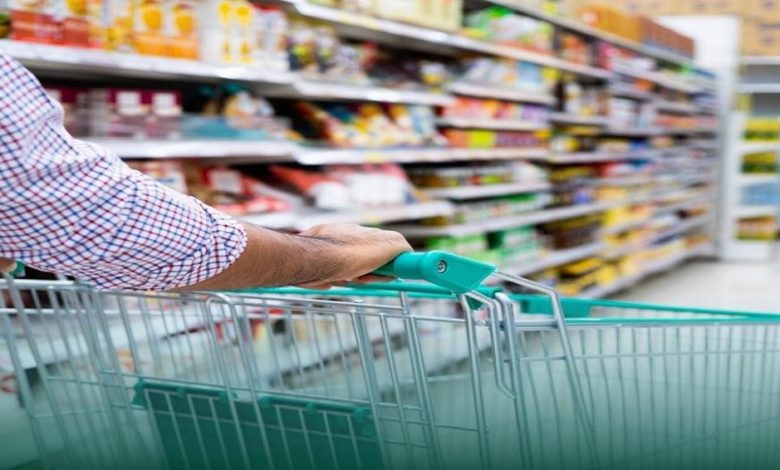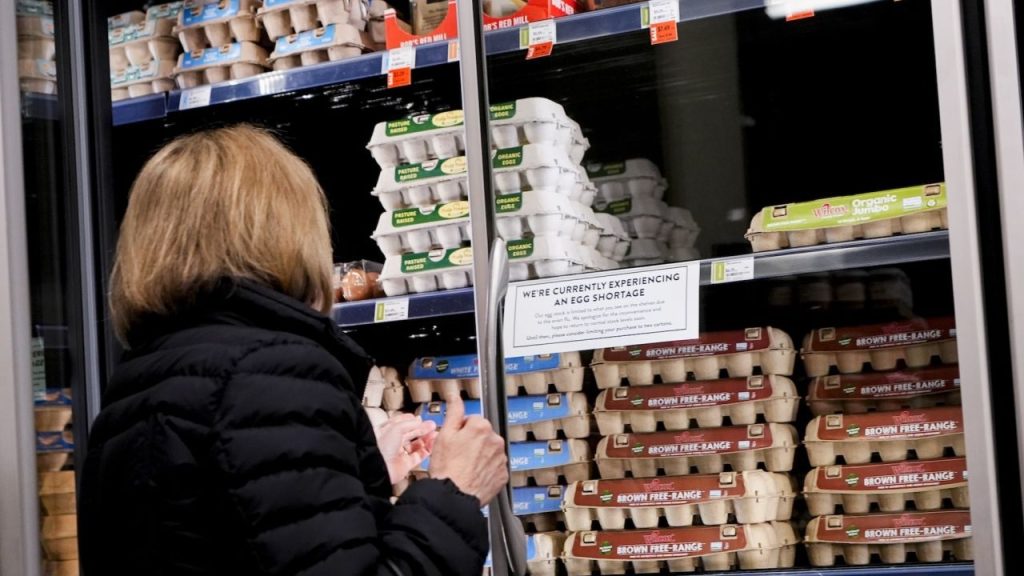Trump Officials Predict Grocery Prices Will Fall in 2026 Despite Ongoing Inflation Pressures
Administration Says Tariff Rollbacks and Economic Policies Will Boost Purchasing Power Within Months

Senior economic officials in the Trump administration said on Sunday that grocery prices will decline and that consumers will feel a real boost in purchasing power in the first half of 2026.
According to Axios, government inflation data continues to rise, with most shoppers saying they are now paying more for groceries than they did last year.
The affordability crisis has become a political burden on the White House, as the Trump administration faces the same reality the Biden administration did: economic success means little to voters if grocery prices keep climbing.
Administration officials have attempted various tactics to address this challenge—initially downplaying inflation while warning about a recession, and now promising voters that progress will be visible within months.
Late Friday night, President Trump signed an executive order raising reciprocal tariffs on coffee, tea, beef, tropical fruits, juices, nuts, and spices.
Among the hundreds of goods and services that make up the Consumer Price Index, none are rising faster than coffee and beef, which have increased between 15% and 20% year-over-year.
The move is also an implicit acknowledgment that Americans are bearing at least some of the cost of tariffs, that tariffs have contributed to rising food prices, and that reversing trade policy may be one of the quickest ways to ease the pressure.
Kevin Hassett, Director of the National Economic Council, said on ABC’s “This Week” that the prices of these items “did not necessarily rise because of tariffs alone.”

Hassett, like other officials in recent days, pointed to external factors—including weather and disease—that are driving most of the price increases for products such as beef, coffee, and cocoa.
He added that after removing the tariffs, “prices will naturally come down.” But when ABC’s Jon Karl asked whether that drop would be specifically due to lower tariffs, Hassett replied: “Because the supply of goods coming into the United States will increase.”
Treasury Secretary Scott Bessent also said during an interview on Fox News’ “Sunday Morning Futures” that real relief is only a few months away as the administration’s economic policies take hold.
He added: “I expect that during the first two quarters of the year, we will see the inflation curve bend and the real income curve accelerate significantly. And when those two lines intersect, Americans will feel it.”
It remains unclear when—or even if—the easing of tariffs will show up in consumer prices. And due to the lingering effects of the shutdown, it is uncertain when the government will next issue inflation data.



